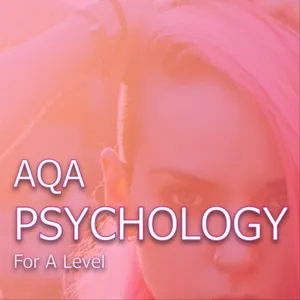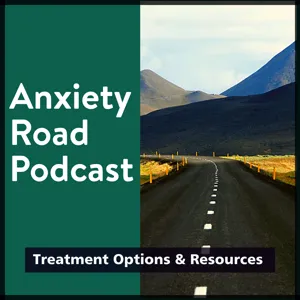Podcast Summary
Learning to overcome phobias through systematic desensitization: Systematic desensitization is an effective therapy for reducing anxiety by gradually exposing individuals to their fears in a relaxed state, leading to extinction of the fear response. It's supported by research and beneficial for individuals with learning disabilities.
The behavioral approach to treating phobias, specifically systematic desensitization, is an effective therapy for reducing anxiety through counter conditioning. This approach involves gradually exposing individuals to their fear in a relaxed state, either through a hierarchy or immediate flooding. Systematic desensitization is supported by research, including a study by Gilroy et al in 2003, which showed its effectiveness for various types of phobias. It's particularly useful for individuals with learning disabilities, as it doesn't require a high level of rational thought like other alternatives. While systematic desensitization can be challenging, as it involves facing fears, it's important to remember that the goal is to learn that the feared object or situation is harmless, leading to extinction of the fear response. With the guidance of a therapist, individuals can work through their anxiety hierarchy or experience flooding in a controlled and informed manner.
Systematic desensitization vs Flooding: Choosing the Right Treatment for Phobias: Both systematic desensitization and flooding are effective for phobias, but systematic desensitization is gradual and less traumatic, while flooding is intensive and rapid, requiring more consideration for individual needs and preferences.
Both systematic desensitization and flooding are effective treatments for phobias, but they have distinct differences. Systematic desensitization is a gradual exposure technique that does not require cognitive understanding and is less traumatic, making it suitable for some individuals. It may take multiple sessions to complete, but it is often preferred due to its lack of distress. On the other hand, flooding is a more intensive and rapid exposure technique that can work in a single session, making it cost-effective. However, it is more traumatic and stressful, leading to higher attrition rates and ethical concerns. Ultimately, the choice between the two depends on the individual's needs, preferences, and tolerance for distress. Therapists should consider these factors when deciding which treatment to use.



